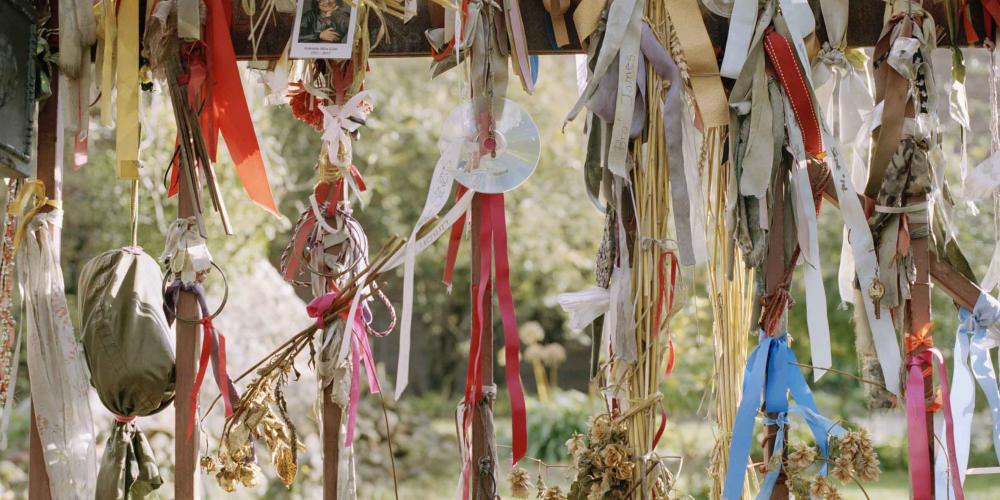
Iconic Religion: How Imaginaries of Religious Encounter Structure
This project examined how imaginaries of religious encounters visually expressed picture, sculptures, symbols, graffiti and performances, structure urban space and vice versa.
Materialised religion, in the form of icons in public space, is becoming increasingly important within ongoing processes of religious pluralisation across Europe. Whenever religious icons, such as sacred buildings and sites, clothing and public events, are associated with religions that people are unfamiliar with, they create imaginaries about how different religions should coexist. The results of the project are vital considering the increasing diversity across Europe.
The researchers engaged with the public in Amsterdam, Berlin, Bochum and London, using a travelling exhibition and an open access publication. The project’s analytical research agenda concentrated on the questions of:
- how religious experience and meaning correspond with material objects and their spatial arrangements
- how this correspondence might trigger encounters between different religions, as well as between the religious and the secular
As part of the research special attention was given to the concept of ‘icon’. A religious icon is often contested, since the concepts, objects, feelings and actions which it refers to, triggers and attracts, are always open to interpretation. This is enhanced within the high-diversity cities of Amsterdam, Berlin and London, where different religious groups, with their own takes on the sacred, and secular atheists and agnostics live alongside each other.
Prof. Volkhard Krech
Project Leader
Ruhr University Bochum
Germany